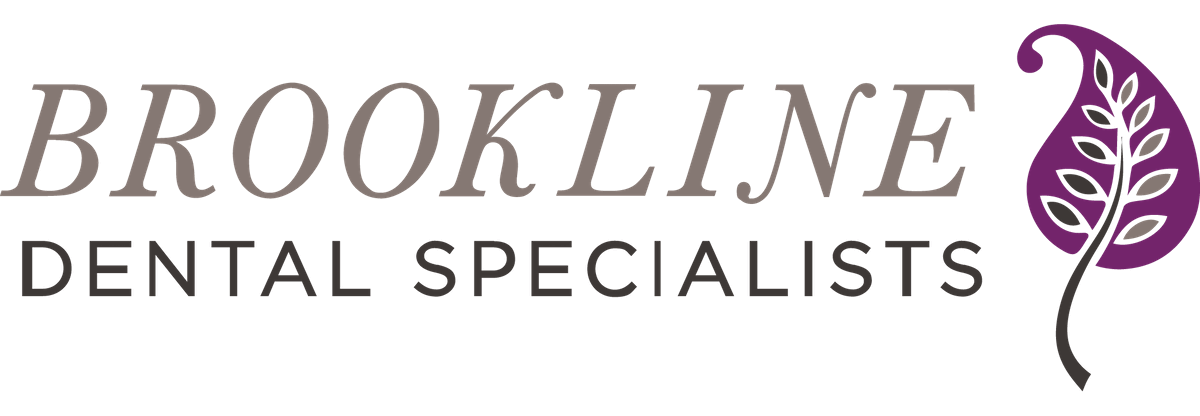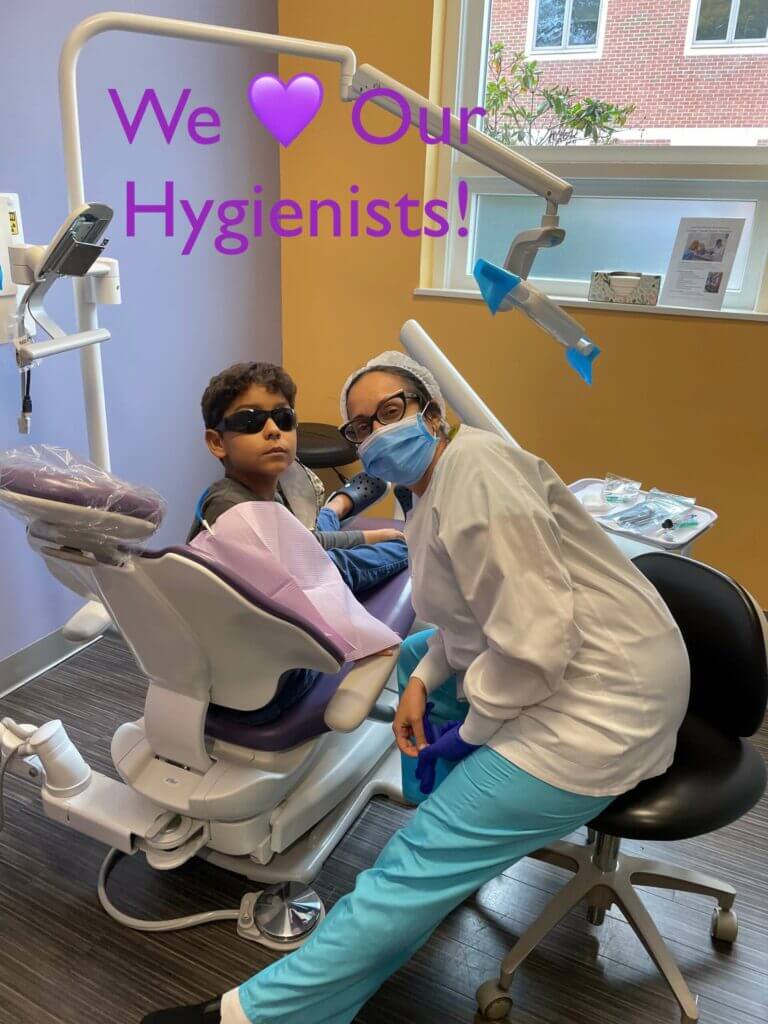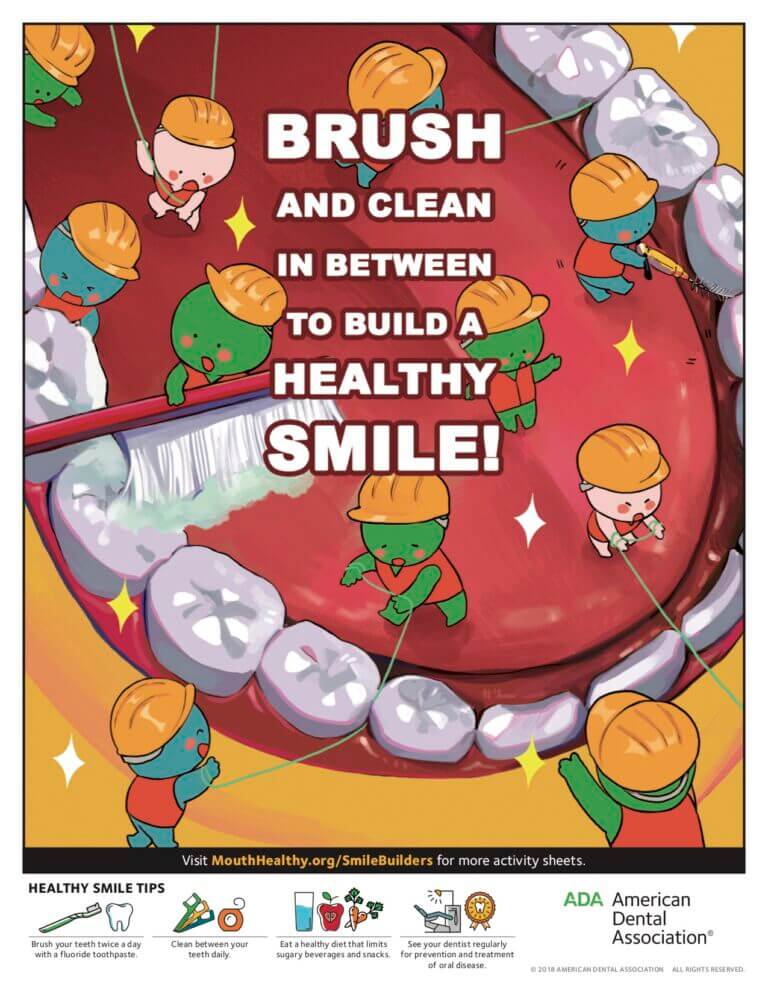National Dental Hygiene Awareness Month
October is National Dental Hygiene Month. Calling attention to this important aspect of dental care allows us to think more closely about what quality dental hygiene entails and reminds us that good dental hygiene is the first line of defense against serious dental issues and disease. Taking preventative care seriously helps ensure a lifetime of…
Read MoreNational Children’s Dental Health Awareness Month: Kids’ Care 101
Teach Good Habits Early! At Brookline Dental Specialists, we know that when children develop healthy eating and oral hygiene habits at a young age, they can continue those habits into the teenage years and even adulthood. The earlier the better in fact! As part of National Children’s Dental Health Month, we want to provide you…
Read MoreNational Children’s Dental Health Month
February is National Children’s Dental Health Month! It is a chance for our pediatric dental care providers to spend a little extra time and attention to educating our patients and parents of younger patients about all the benefits of preventive dental care. In our practice, we recommend regularly scheduled fluoride treatment as a preventive oral…
Read More


